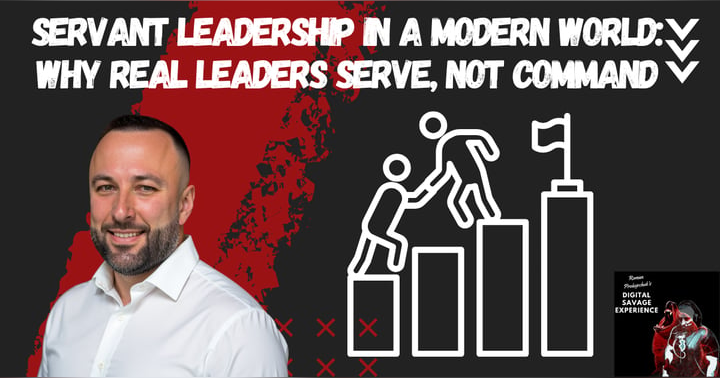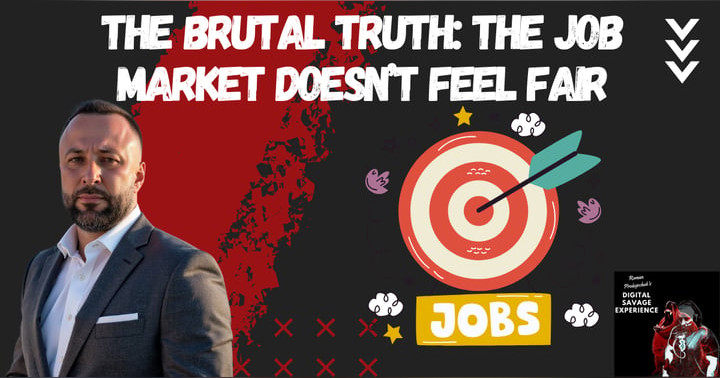
Why You Can't Just Say Anything: The Importance of Truth and Integrity in Public Conversations The Story of Whoopi Goldberg and Staten Island's Holtermann's Bakery
In today’s world of digital media, the rise of podcasts, social media, and public platforms has empowered individuals to share their stories and perspectives with wide audiences. However, this democratization of speech comes with significant responsibilities. The recent controversy surrounding Whoopi Goldberg and the defamation case involving Holtermann’s Bakery in Staten Island serves as a cautionary tale about the consequences of making false claims in public.
The Power and Responsibility of Public Speech
Speech is a powerful tool. It can build reputations, mobilize movements, and spread vital information. But with power comes responsibility. Defamation laws exist to strike a balance between free expression and protecting individuals and businesses from false statements that can harm their reputation.
When public figures or podcast guests make statements in the public domain, their words carry significant weight. This is especially true for widely known personalities like Whoopi Goldberg, whose platform magnifies the reach and potential impact of her statements.
Whoopi Goldberg and Holtermann's Bakery: A Lesson in Accountability
Whoopi Goldberg made claims about Holtermann’s Bakery in Staten Island, alleging she was denied service because of her political views that were later proven to be unfounded. She made it about politics and completely told a fabricated story when in actuality they could not fulfill the order because of machines being broken, and even later ended up fulfilling her order anyway.
The case highlights the necessity for diligence and integrity when speaking publicly. It’s easy to spread misinformation, but difficult to repair the damage once it’s done. In Goldberg's case, the fallout not only affected the bakery but also cast a shadow on her credibility as a public figure.
Why Truth Matters in Podcasting
Podcasting has emerged as a key platform for storytelling, interviews, and discussions. While its informal nature makes it an attractive medium for sharing ideas, it also makes it susceptible to unchecked statements and inaccuracies. Guests on podcasts must recognize that their words have consequences, both legally and ethically.
Here are some key takeaways for podcast hosts and guests:
-
Verify Claims Before Speaking: If discussing allegations or sensitive issues, it is essential to research and verify facts before making statements.
-
Avoid Speculation: Guessing or assuming can lead to the spread of false information. Stick to what you know to be true.
-
Be Prepared for Accountability: Understand that defamatory statements can result in legal consequences, damage to reputations, and loss of audience trust.
-
Respect Public Platforms: Podcasts reach large, diverse audiences. Treat them with the same seriousness as traditional media outlets.
The Legal Implications of Defamation
Defamation involves making false statements that harm another person or business's reputation. It falls into two categories:
- Libel: Defamation in written or published form.
- Slander: Spoken defamation, such as on podcasts or live interviews.
The burden of proof in defamation cases typically lies with the plaintiff, who must show that the statement was false, damaging, and made with negligence or malice. The case with Holtermann's Bakery underscores how even high-profile individuals are not immune to accountability.
Protecting Your Integrity
Public figures, including podcast hosts and guests, should prioritize truth and integrity in their speech. The damage from unverified claims extends beyond potential lawsuits—it erodes trust, credibility, and relationships with audiences.
The Whoopi Goldberg incident should serve as a reminder to everyone engaging in public discourse: words matter. Whether you're hosting a podcast, appearing as a guest, or simply sharing a story on social media, always strive for accuracy and fairness.
Freedom of speech is a cornerstone of democracy, but it comes with responsibilities. As we navigate an increasingly interconnected world where information travels faster than ever, let this serve as a reminder: words can heal or harm. By committing to honesty and diligence, we can use our voices to uplift, inform, and inspire—not defame or destroy.




















